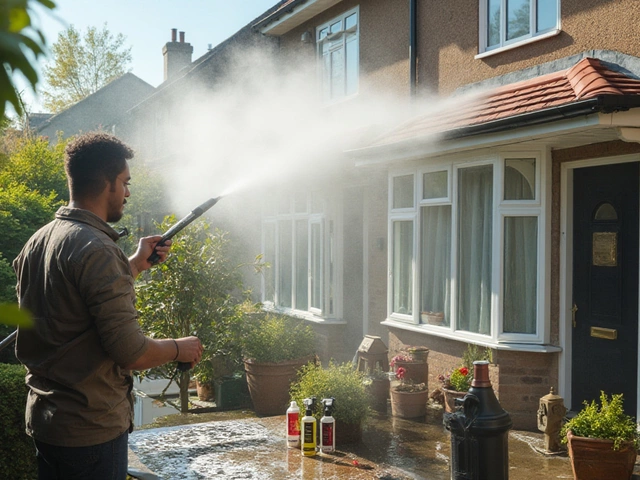Rental Law: What Every Landlord and Tenant Needs to Know
When navigating Rental Law, the set of legal rules that govern the rights and duties of landlords and tenants in the UK, you quickly see why a clear understanding matters. It decides how much you can charge, what repairs you must cover, and how disputes get settled. In plain English, rental law is the rulebook that keeps the rental market fair for both sides of the agreement.
One of the biggest headaches for landlords is figuring out what counts as wear and tear, the normal depreciation of a property caused by everyday use versus damage that a tenant should pay for. The distinction directly affects landlord expenses, the costs a landlord can claim for maintaining the property. HMRC steps in with specific regulations, tax rules that dictate how depreciation and repair costs are reported, so mis‑classifying a repair can cost you extra tax or even a penalty. On the flip side, good property maintenance, regular upkeep that prevents larger problems down the line not only protects your investment but also helps you stay on the right side of the law. For example, removing limescale buildup in bathrooms isn’t just about aesthetics; it’s a preventative step that can avoid costly pipe repairs that would otherwise be classified as tenant‑caused damage.
Key Areas Covered by Rental Law
Understanding these core elements—what counts as normal wear and tear, how to record landlord expenses, and which HMRC regulations apply—gives you a solid foundation for any tenancy. It also means you can set realistic expectations with tenants from day one. You’ll know when to issue a deposit deduction, when a repair is your responsibility, and how to calculate depreciation for tax purposes without guessing. The nuances become especially important when you’re dealing with property‑wide services like professional oven cleaning or pressure washing, because many tenants assume these are optional extras. In reality, keeping appliances spotless can extend their lifespan, reduce energy consumption, and keep you compliant with health‑and‑safety standards that fall under rental law.
The articles below pull together practical advice that sits right at the intersection of property care and legal compliance. You’ll find DIY oven‑cleaner recipes, profit‑driven pressure‑washing tips, and step‑by‑step guides on handling wear‑and‑tear costs—all written with a landlord’s perspective in mind. By linking everyday maintenance tasks to the legal expectations outlined above, these pieces help you avoid disputes, stay tax‑efficient, and keep your rental property in top shape. Dive into the collection to see how concrete cleaning methods, smart budgeting, and a solid grasp of rental law can work together for smoother tenancy management.





